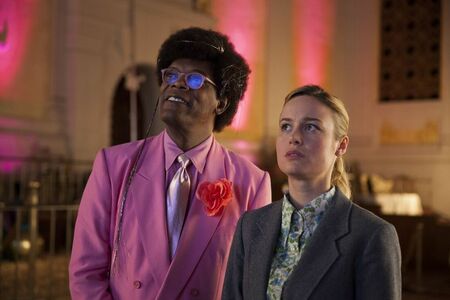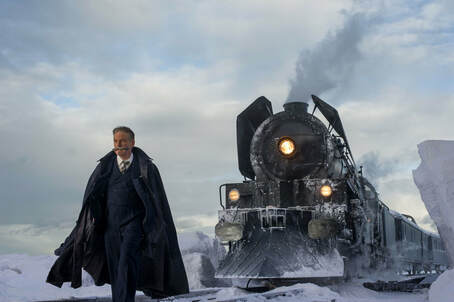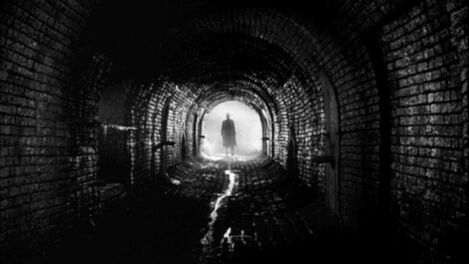D+ | A failed art student gets invited to the titular establishment. Directed by Brie Larson Starring Brie Larson, Samuel L. Jackson, and Mamoudou Athie Review by Jon Kissel |

 I don’t think anyone would disagree that Brie Larson has had an incredible career, but one that hopefully didn’t achieve its greatest potential too fast. From her breakout roles in Scott Pilgrim and United States of Tara through her critical success with Short Term 12 that culminated a mere two years later with Room, Larson has since migrated to big blockbusters with Kong: Skull Island and Captain Marvel. Neither utilized her talents particularly well but both were big successes, and dollar signs frequently light the way to the blank check, some of which she’s cashed to make her directorial debut before her 30th birthday. Arriving on Netflix, Unicorn Store adds a new imdb tab to Larson’s page but it doesn’t return her to the heights of 2015, though I don’t think she’s returned to that level at all in the intervening years.
1 Comment
 The trope of the detective whose mental irregularities manifest as brilliance has mostly been a part of recent television, since it provides an easy way into the protagonist as anti-hero, another preferred path for ‘prestige’ TV. House, The Good Doctor, Sherlock, Monk, even my beloved Hannibal are all examples, and Kenneth Branagh provides a cinematic equivalent in his adaptation of Murder on the Orient Express. A story that has many versions, I don’t know if earlier ones needed to find a reason for star detective’s Hercule Poirot’s forensic genius, but it’s 2017 on this version’s release, so Poirot is portrayed as being crippled with the burning need to have everything in its right place, which therefore makes him adept at finding irregularities. Whether or not this added depth of character makes Branagh’s version better or worse is an open question, and one the film doesn’t spend enough time caring about. As much as Branagh attempts to update Agatha Christie’s mystery for the present, there doesn’t seem to be much to justify its existence beyond a popular taste for true crime stories.
 I’m sure I’ve said this before, but writing about classic movies through a modern lens is difficult. I don’t know how novel a film was for its time, and its novelty may have been imitated so much that it loses all meaning, to say nothing of the evolution of tones and tastes over the decades. In the case of The Third Man, a film acclaimed as the greatest British movies ever made and currently #73 on Sight and Sound’s top 250 list of lists, this is especially true. Gray morality and anti-heroes were a new thing in the late 1940’s, but they’ve been old hat now for a long time. The modern version of The Third Man is easily imaginable now, but the original is so skewed in tone that it’s like looking at the chart of man’s evolution. Carol Reed’s film is barely walking upright while later films like Chinatown or Blade Runner or Collateral or Nightcrawler are running on two legs. |
AuthorsJUST SOME IDIOTS GIVING SURPRISINGLY AVERAGE MOVIE REVIEWS. Categories
All
Archives
April 2023
Click to set custom HTML
|